Noncount Nouns : Advanced Grammar for IELTS
5 min read
Updated On
-
Copy link
Unlock the definition, common mistakes, tips and tricks for the advanced grammar topics in IELTS such as Noncount Nouns. Learn important grammar rules and dive into the exercises to achieve a band 8+.
Table of Contents

Limited-Time Offer : Access a FREE 10-Day IELTS Study Plan!
When you take the IELTS exam, grammar topics such as Noncount Nouns are an essential part of the exam and are needed to achieve your desired score. This is one aspect of advanced grammar topics that you might struggle with. Learning to use them will give you the knowledge on how to use it to answer the essay part and speak with less hesitation. With practice, you will score a band 8+ in the parameter of grammatical range and accuracy in the IELTS Exam.
Connect with our IELTS Trainers to crack your IELTS exam in no time! FREE Demo.
What are Noncount Nouns?
Nouns that cannot be counted are called noncount or mass nouns. They are used with singular verbs.
-
Noncount nouns are often liquids or gases.
|
water |
air |
oil |
oxygen |
-
Noncount nouns often refer to a whole or a mass made up of small particles or items.
|
sugar |
salt |
white sand |
|
new furniture |
homework |
good news |
|
equipment |
money |
expensive clothing |
-
Noncount nouns are often weather phenomena, fields of study, raw materials, abstractions, or sports and pastimes.
|
rain |
economics |
gold |
happiness |
respect |
soccer |
|
hot weather |
psychology |
hard coal |
luck |
satisfaction |
cards |
-
Cards can be a noncount noun meaning a game of cards, or it can be a count noun meaning individual cards.
Common Mistakes to Avoid While Using Noncount Nouns
Unlike countable nouns, these noncount nouns are also less frequent in terms of plural forms or with the ability to be counted. However, such writing has been treating the nouns as plural, adding wrong quantifiers, or articles which simply do not match. Getting to know the common mistakes could help you grasp the rules of advanced grammar topic on noncount nouns and will give you the ability to master the writing with confidence. In this way, you can achieve a higher IELTS Band Score of 8+. Let’s look at these common mistakes to avoid.
-
Information – not informations
|
Incorrect : The teacher gave us many informations. Correct : The teacher gave us a lot of information. |
-
Advice – not advices
|
Incorrect : He gave me three advices. Correct : He gave me some advice. |
-
Furniture – not furnitures
|
Incorrect : There are many furnitures in the room. Correct : There is a lot of furniture in the room. |
-
Research – not researches (unless you are referring to different studies in academic writing)
|
Incorrect : I did many researches. Correct : I did a lot of research. |
-
Luggage/Baggage – not luggages/baggages
|
Incorrect : Passengers carried heavy luggages. Correct : Passengers carried heavy luggage. |
-
Adding plural endings
|
Incorrect : She gave me advices. Correct : She gave me advice. |
-
Wrong quantifiers
|
Incorrect : How many money do you have? Correct : How much money do you have? |
-
Wrong articles
|
Incorrect : A furniture was delivered. Correct : Furniture was delivered. |
Grab the Vocabulary for IELTS (Essential words for popular topics in IELTS) and take a step towards your desired band score of 8+.
Comparing Noncount and Count Nouns
Noncount nouns are like count nouns in certain ways which act like singular and plural count nouns. Like singular and plural count nouns, noncount nouns may have certain determiners in front of them, such as the definite article the or the possessive adjectives ‘my’ and ‘your’. In IELTS Grammar, possessive adjectives have the same forms in front of all three types of nouns: singular count nouns, plural count nouns, and noncount nouns. You can use this and that with singular count nouns and noncount nouns; these and those can appear in front of plural count nouns only.
The table below shows the comparison among singular and plural count nouns with the noncount nouns.
|
Singular Count Nouns |
Plural Count Nouns |
Noncount Nouns |
|||
|
Determiner |
Example of noun |
Determiner |
Example of noun |
Determiner |
Example of noun |
|
the |
car |
the |
cars |
the |
traffic |
|
an |
apple |
– |
apples |
– |
fruit |
|
my, your |
vegetable |
my, your |
vegetables |
my, your |
rice |
|
his, her, its |
job |
his, her, its |
jobs |
his, her, its |
work |
|
our, their |
job |
our, their |
jobs |
our, their |
work |
|
this, that |
cat |
this, that |
cats |
– |
– |
Noncount nouns act like plural count nouns. Like plural count nouns, noncount nouns may be preceded by determiners and certain expressions of quantity, or they may appear alone.
In the chart below, the determiners before plural count nouns and noncount nouns are the same.
|
Singular Count Nouns |
Plural Count Nouns |
Noncount Nouns |
|||
|
Determiner |
Example of noun |
Determiner |
Example of noun |
Determiner |
Example of noun |
|
a |
taxi |
– |
taxis |
– |
traffic |
|
the |
taxi |
the |
taxis |
the |
traffic |
|
one |
taxi |
some |
taxis |
some |
traffic |
|
– |
– |
a lot of |
taxis |
a lot of |
traffic |
|
– |
– |
enough |
taxis |
enough |
traffic |
|
– |
– |
plenty of |
taxis |
plenty of |
traffic |
Remember that singular count nouns must have an article or determiner. |
|
|
|||
Prepare yourself with An Exclusive Grammar Workbook: Guide to All Grammatical Woes!
Exercise on Noncount Nouns
Now that you are aware of the grammar rules for noncount nouns, it is time for you to check your grasping power. As you attempt this exercise, you can focus on the surrounding context and note if your answer is grammatically correct. So, let’s look at the exercise below and elevate your knowledge.
Exercise: Read each sentence and underline the correct choice(s) in parentheses. The first one has been done for you.
Studying for the Law
Henry is studying at Harvard University; he’s going to become 1 ___________________________ (lawyer / a lawyer). 2 ___________________________ (A law / Law) is a difficult subject. It requires 3 ___________________________ (a concentration / a lot of concentration). 4 ___________________________ (A lawyer / Lawyers) study in law school for three years. After law school, the graduates have to take 5 ___________________________ (a difficult examination / difficult examination). 6 ___________________________ (Some graduates / Some graduate) pass this examination, but others don’t. 7 ___________________________ (A little graduates / A few graduates) take the examination a second or even a third time. 8 ___________________________ (Some people / A people) say that there aren’t 9 ___________________________ (enough good lawyer / enough good lawyers). Others say that there aren’t 10 ___________________________ (many good lawyers / many good lawyer). 11 ___________________________ (Some lawyers / A lawyers) feel satisfied with 12 ___________________________ (a work / their work). 13 ___________________________ (This lawyers / These lawyers) have clearly chosen the right profession. At the end of each day, 14 ___________________________ (satisfaction / satisfactions) with one’s work is extremely important.
Answers for the Exercise on Noncount Nouns
How was it? Were you able to find the answers easily? Let us check the correct answers now but remember to note the reasoning behind your choices. This will help you to avoid making the same mistakes again in the future. Let’s dive into it.
- A lawyer
- Law
- A lot of concentration
- Lawyers
- A difficult examination
- Some graduates
- A few graduates
- Some people
- Enough good lawyers
- Many good lawyers
- Some lawyers
- Their work
- These lawyers
- Satisfaction
Enroll into our Free IELTS Webinar and learn more about techniques to improve your grammar for IELTS.
With such advanced grammar topics, you will enhance your skills and level up your IELTS preparation. By learning when to use noncount nouns and how to use them correctly, you avoid common errors with articles, quantifiers, and plural forms. This will make your sentences sound more natural and accurate which give you a degree in grammatical precision. Therefore, focus on such Advanced Grammar Structures for IELTS to Achieve Band 7+ while building accuracy and confidence.
Also Check:

Start Preparing for IELTS: Get Your 10-Day Study Plan Today!
Explore other IELTS Articles
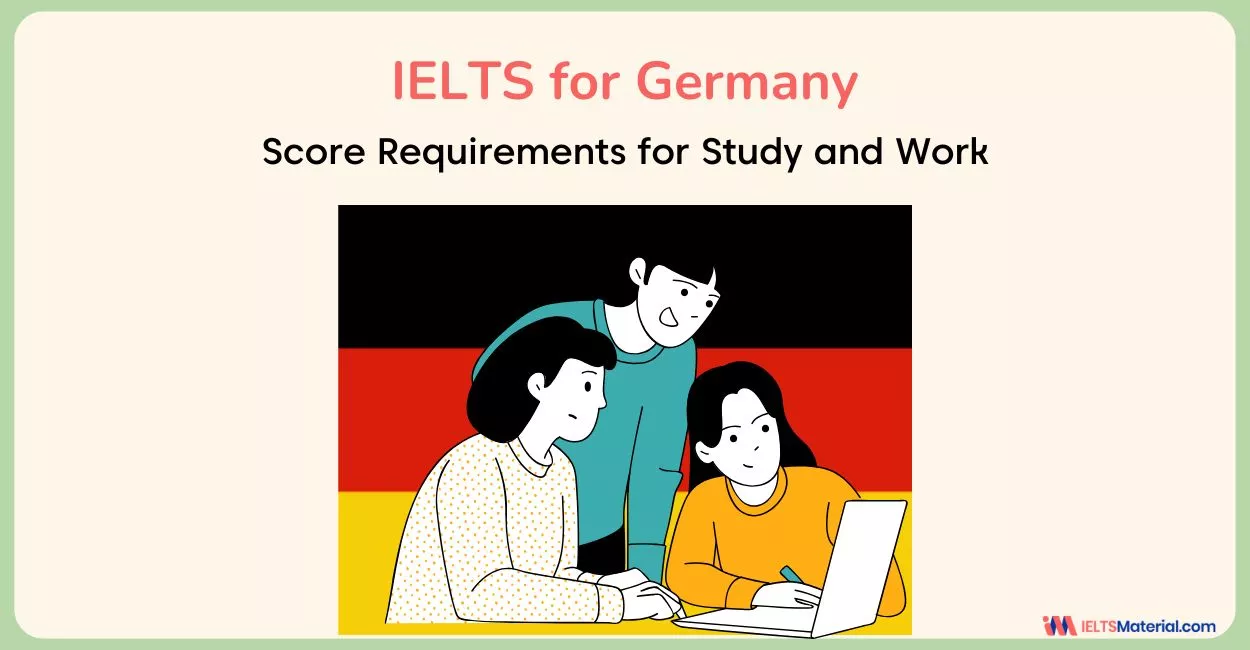
Haniya Yashfeen
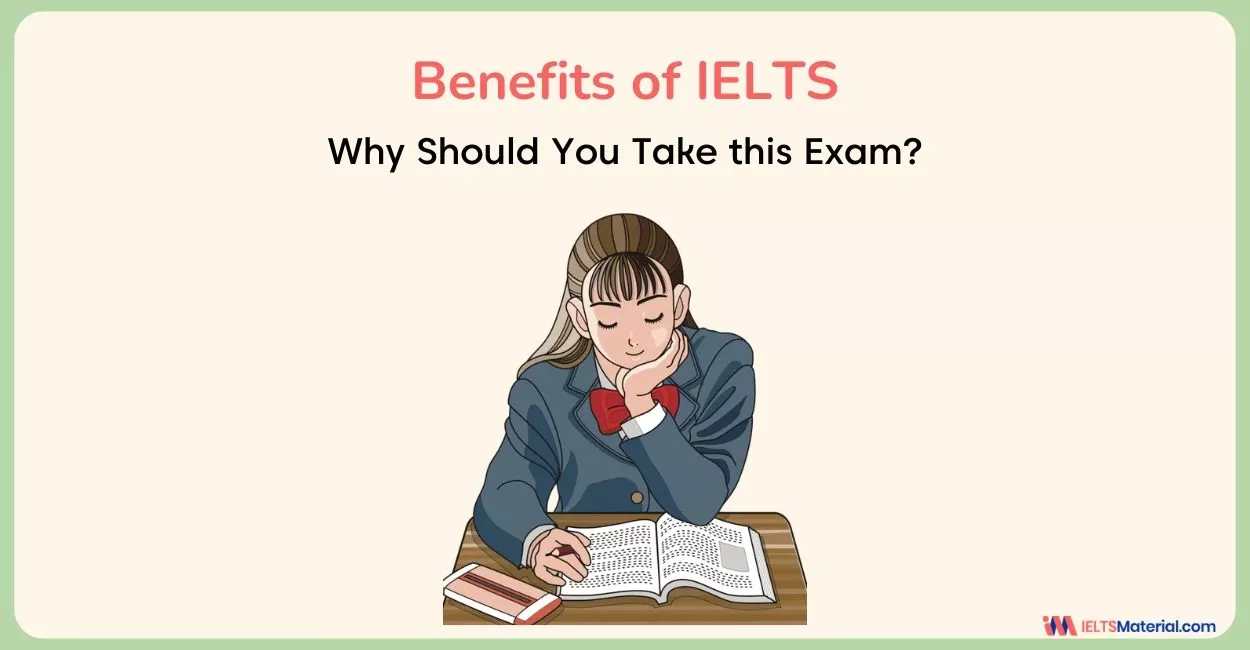
Kasturika Samanta
Recent Articles

Nehasri Ravishenbagam

Prity Mallick

Kasturika Samanta
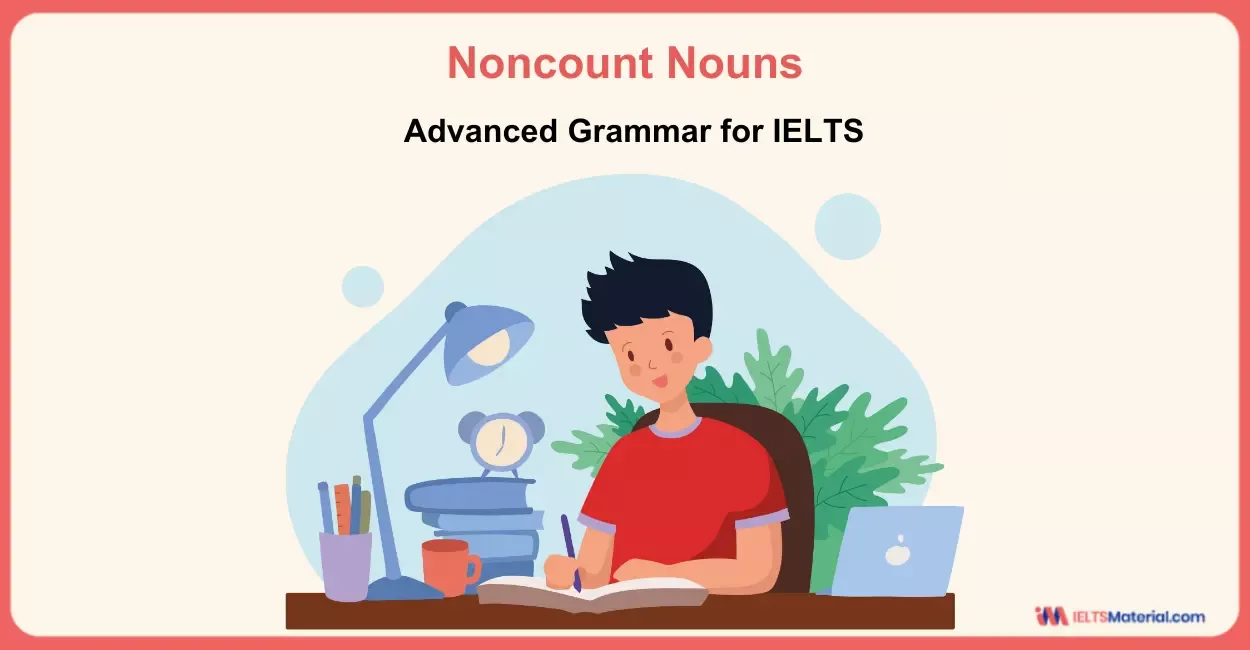

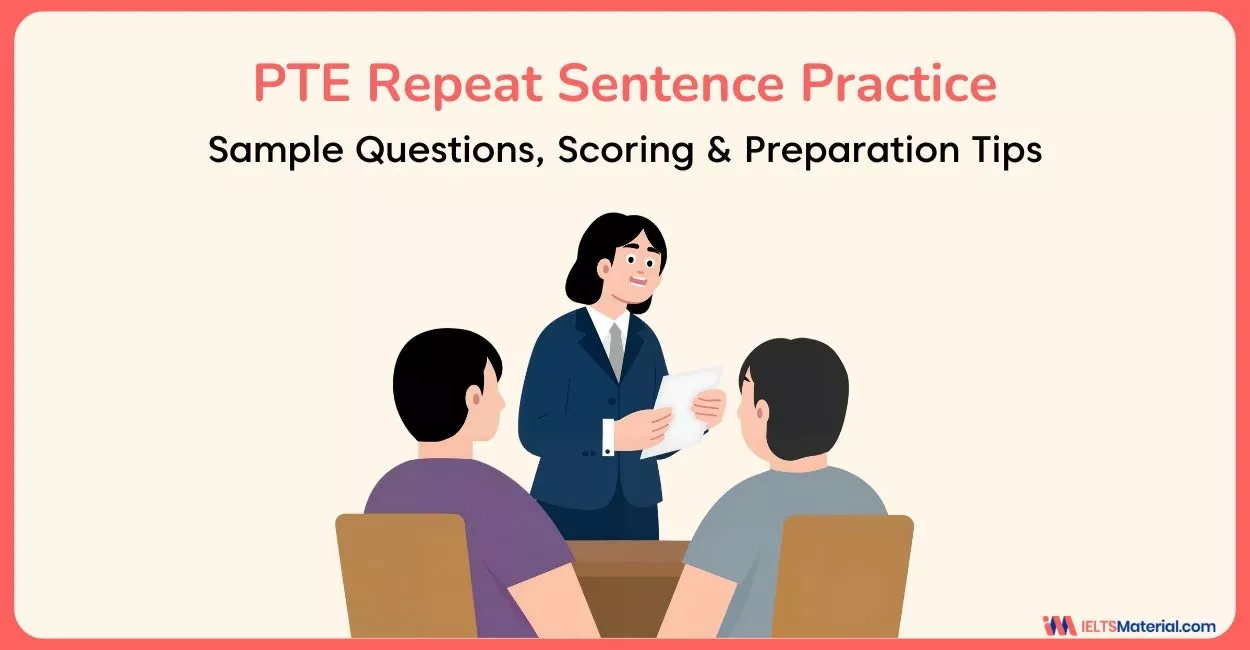
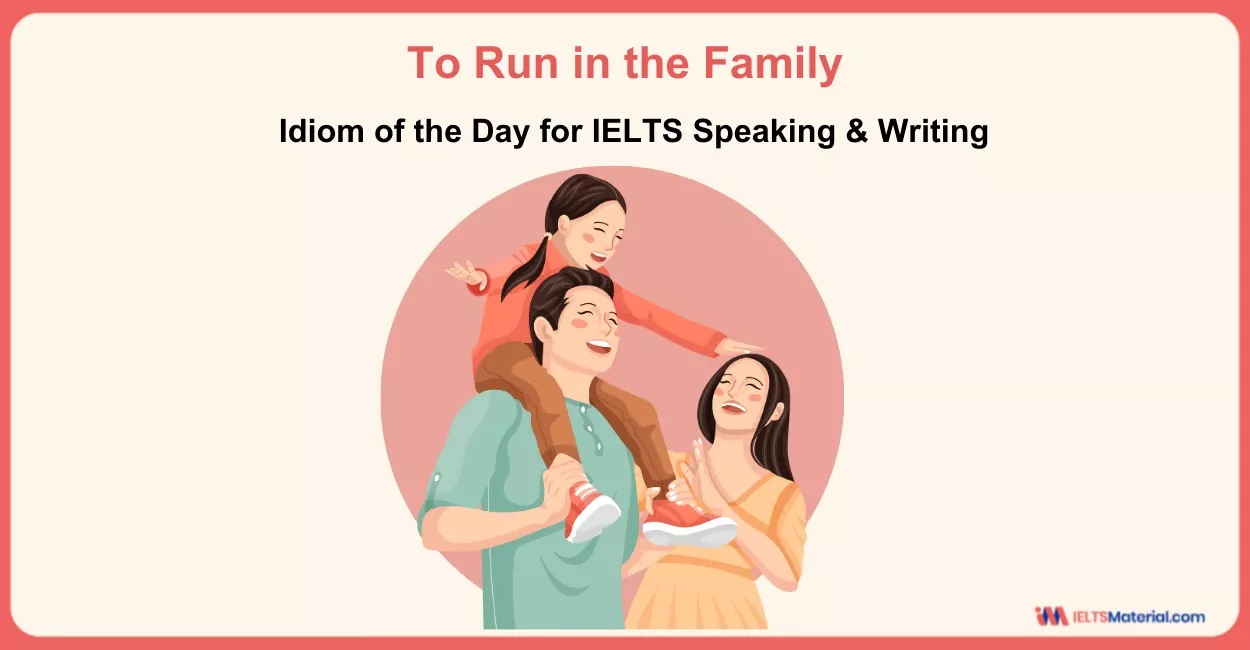



Post your Comments